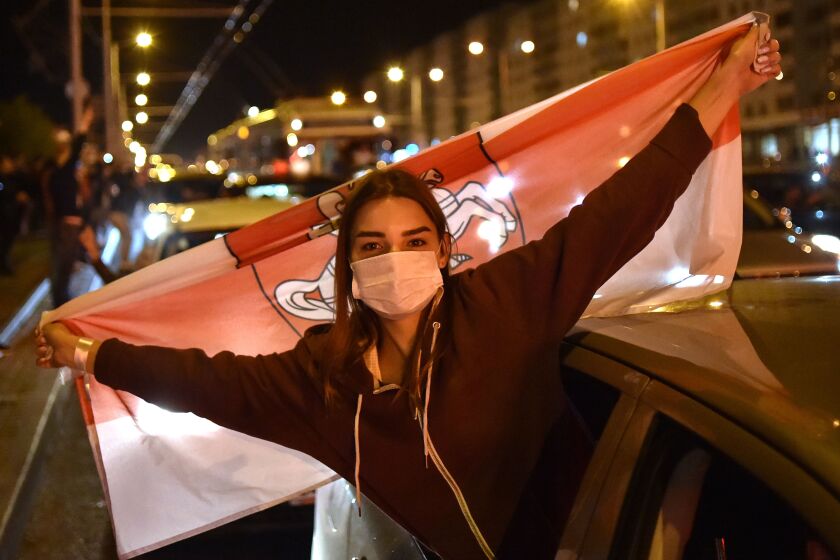Issued on: 19/08/2020 -
 Lebanese display their mostly empty refrigerators as they struggle with a steep economic crisis that has led to the collapse of the local currency and purchasing power. The UN over half the population is now "trapped in poverty" ANWAR AMRO, IBRAHIM CHALHOUB, Mahmoud ZAYYAT AFP/File
Lebanese display their mostly empty refrigerators as they struggle with a steep economic crisis that has led to the collapse of the local currency and purchasing power. The UN over half the population is now "trapped in poverty" ANWAR AMRO, IBRAHIM CHALHOUB, Mahmoud ZAYYAT AFP/FileVIDEO AT THE END
Beirut (AFP)
Lebanon's economic crisis doubled poverty rates to reach more than half of its people even before this month's cataclysmic explosion at Beirut's port, a United Nations agency said Wednesday.
"Estimates reveal that more than 55 percent of the country's population is now trapped in poverty and struggling for bare necessities," the UN Economic and Social Commission for Western Asia (ESCWA) said.
That figure for May 2020 was almost double the rate of 28 percent for last year, it said.
Extreme poverty had shot up to an estimated 23 percent of the population, up from eight percent in 2019, it added.
Lebanon's economic and political crisis deepened when on August 4 a massive blast at the Beirut port killed 181 people, wounded thousands and ravaged huge areas of the capital.
The disaster came on the heels of the country's worst financial crunch in decades, which had already seen tens of thousands lose their jobs or much of their income, even as the novel coronavirus pandemic hit.
Official estimates had last put Lebanon's poverty rate at 45 percent.
UN humanitarian agency OCHA on Wednesday said tens of thousands more people had now seen their source of income vanish after the Beirut blast.
"Over 70,000 workers are estimated to have lost their jobs as a result of the explosions, with direct implications for over 12,000 households," it said.
ESCWA said Lebanon's middle class has shrunk from 57 percent of the population in 2019 to less than 40 percent this year, warning of an accelerating exodus of Lebanese citizens.
"The real challenge facing Lebanon is that this group, which represents the bulk of the country's human capital, may shun the uncertain economic opportunities in Lebanon and seek to emigrate," it said.
In past months, middle-class Lebanese frustrated with a plummeting local currency, banks trapping their dollar savings, and deteriorating public services have increasingly decided to seek better lives abroad.
In a country which has long had one of the most unequal wealth distributions in the region, the group of people deemed affluent has shrunk from 15 to five percent of the population, ESCWA said.
The economic crisis has sparked widespread popular anger against a ruling class deemed inept and corrupt by many, and protesters have clashed again with security forces since the explosion disaster.
On Friday, Lebanon starts a new two-week coronavirus lockdown after a string of record daily tallies that has brought the total number of cases to 9,758 including 107 deaths.
© 2020 AFP









